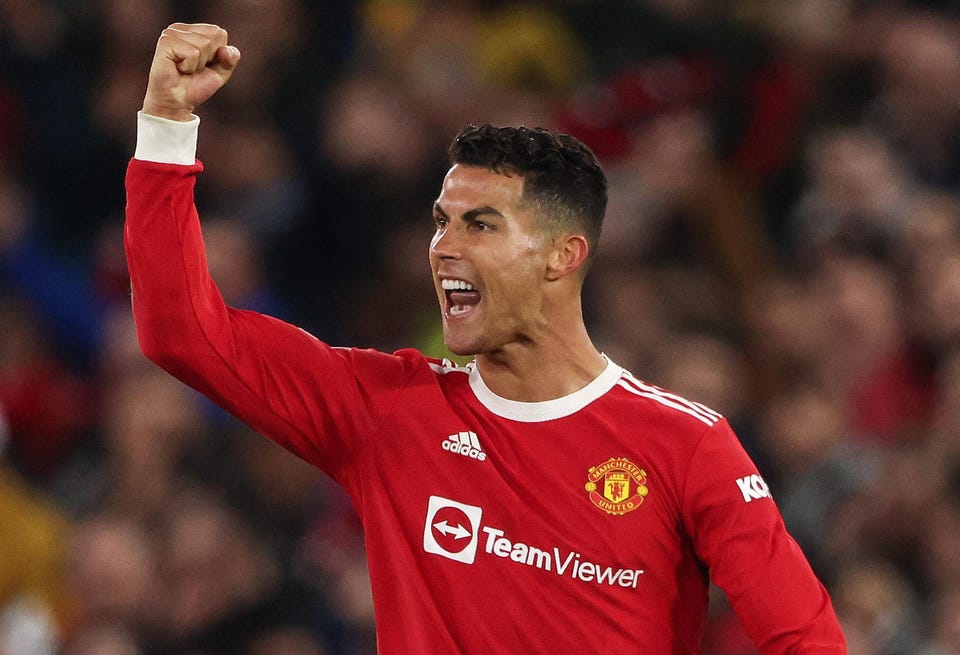
Effective Ownership is a concept being bounced around the FPL community a lot this season. The
basic concept is considering whether an FPL manager is using a certain player to their highest
potential. This takes into consideration selection, captaincy, and triple captaincy.
You can gain significant points throughout the season by picking the right captain and doubling a
player’s points for a game week. Making it a great way to climb the FPL ranks. It’s worth keeping an
eye on Effective Ownership if you want to be the next fantasy Pep Guardiola and start finishing in
those coveted top spots. There are fantasy managers across the world already using EO to assist in
deciding their captains and maximising points each week. So why aren’t you?
What is it?
At the start of every season, FPL players pick their teams and managers use the ownership stat as a
way to do this . By backing that the general population of managers who it is assumed know what
they’re doing, the aim is not to miss out on big points and risk falling behind the crowd. This is what
Effective Ownership more accurately represents, the threat of a player scoring points for your
opposition managers.
For example, for the very last game week of last season, Son (TOT) had the highest EO% at 171% and
then Cancelo (MCI) at 85%. This means most players decided to select and captain Son, increasing
the value of his points. Since Son’s ownership was 171% that week it means that every point he
scored that week increased by 1.71 compared to people who have not selected or captained him.
The way to simplify it, is that if a player you have selected or captained has under 100% EO then any
points they score have a chance of increasing your global rank. But this can also work against you, so
when players have upwards of 200% EO any points they get as your captain are pretty much
nullified, because of a majority of players having them as captain. This is likely to happen, in the
initial game week of the upcoming season. Mo Salah (LIV) is playing newly promoted Fulham and is
likely to have been captained by a huge number of managers. So any points that he gets won’t have
a massive effect on your ranking, but could do should you not have him as your captain or in your
team entirely.
How it Works
The formula for Effective Ownership is the number of managers who have selected, captained, and
triple captained a player, divided by the total number of players. This eliminates being thrown off by
the base ownership stat. Some players have high ownership but do not make it into people’s starting
teams. For example, Greenwood (LEE) is currently the 10th highest owned player in the game. But
this will be due to people having the young Leeds striker as the last player on the bench to make
room for more funds around the rest of their team. Pereira (FUL) is another example and has an
ownership percentage of 24% of players but is very likely to be a points threat as his first game for
Fulham is against Liverpool. Where very few players are likely to captain him or even have him in
their starting team.
How you should use it
Ultimately, effective ownership is about measuring how much risk you want to take and whether
you want to try and jump ahead of the crowd through differentials. You should also consider that it
can only be used retrospectively. It is also measured off a small percentage of the global leader
boards. Meaning it will be less effective when considering it inside of mini-leagues, since ownership
levels will be different. Although, it is usually based on the top 100k of players, so if you are looking
to push into that upper echelon then looking into EO could be your ticket. If you want to boost your
overall ranking, then seriously considering differentials in at captaincy is key.
For example, if you are looking for a differential captain pick, Harry Kane could be a viable option.
Kane (TOT) only has overall ownership of 22%, significantly lower than that of Haaland (MCI) and
Salah (LIV). He plays Southampton in GW1 which could result in good points for a proven Premier
League asset.
The whole concept of EO is based on risk, by choosing differentials you open yourself up to higher
rewards but could lose big leader board places. So, trying to use completely differential is not a
viable strategy in the long run as there is usually some solid evidence supporting the use of high EO players.